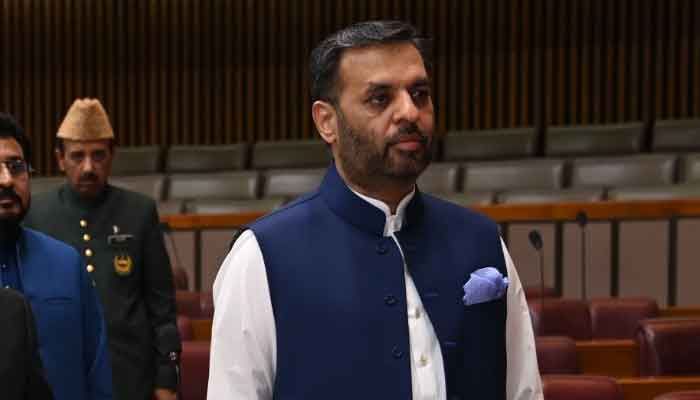Federal Minister for Health Mustafa Kamal emphasized Karachi’s pivotal role in Pakistan’s creation and progress, lamenting ongoing debates about the city’s rightful share and recognition.
Speaking at the Federation of Pakistan Chambers of Commerce and Industry (FPCCI), Kamal addressed the business community, commending their resilience in navigating continuous challenges, political uncertainty, and economic pressures. “Your patriotism and sacrifices are evident, and we are grateful for your contributions,” he said, underscoring that the government’s role is not to engage in business but to create a conducive environment for industry and commerce to thrive.
Turning to the health sector, Kamal expressed concern over Pakistan’s focus on treating diseases rather than preventing them. “As a minister, I realized we are not working on public health but merely on curing illnesses. The real need is planning for disease prevention and precautionary measures,” he stated.
Highlighting the strain on infrastructure and education due to rapid population growth, he noted that 6.1 million children are born annually in Pakistan—surpassing New Zealand’s entire population of 5.3 million. This has led to 22 million children being out of school, exacerbating systemic challenges.
Kamal revealed alarming statistics, including 11,000 annual maternal deaths during childbirth, describing it as a grave human tragedy. He also pointed out that Pakistan leads globally in hepatitis cases, with 68% of diseases linked to contaminated water.
“Our environment has become a factory for producing patients,” he said, expressing regret over the lack of awareness about treating sewage water. He stressed that without addressing the root causes of diseases, the situation will worsen.
Drawing comparisons with India and China, Kamal praised their effective population control strategies, which have strengthened their infrastructure, health, education, and economies. In contrast, Pakistan’s unchecked population growth is paralyzing its systems.
He urged a reevaluation of the National Finance Commission (NFC) formula, which allocates 82% of funds based solely on population. Kamal proposed reducing this share to 50% to account for factors like health, education, resources, and deprivation, ensuring a more balanced resource distribution.
In a significant announcement, Kamal revealed that Prime Minister Shehbaz Sharif will launch a state-of-the-art, faceless health system on July 21, 2025. This fully digital platform will streamline imports of medical equipment, from wheelchairs to MRI machines, without human intervention, marking a revolutionary step toward transparency and efficiency in Pakistan’s health sector.


Leave a Reply